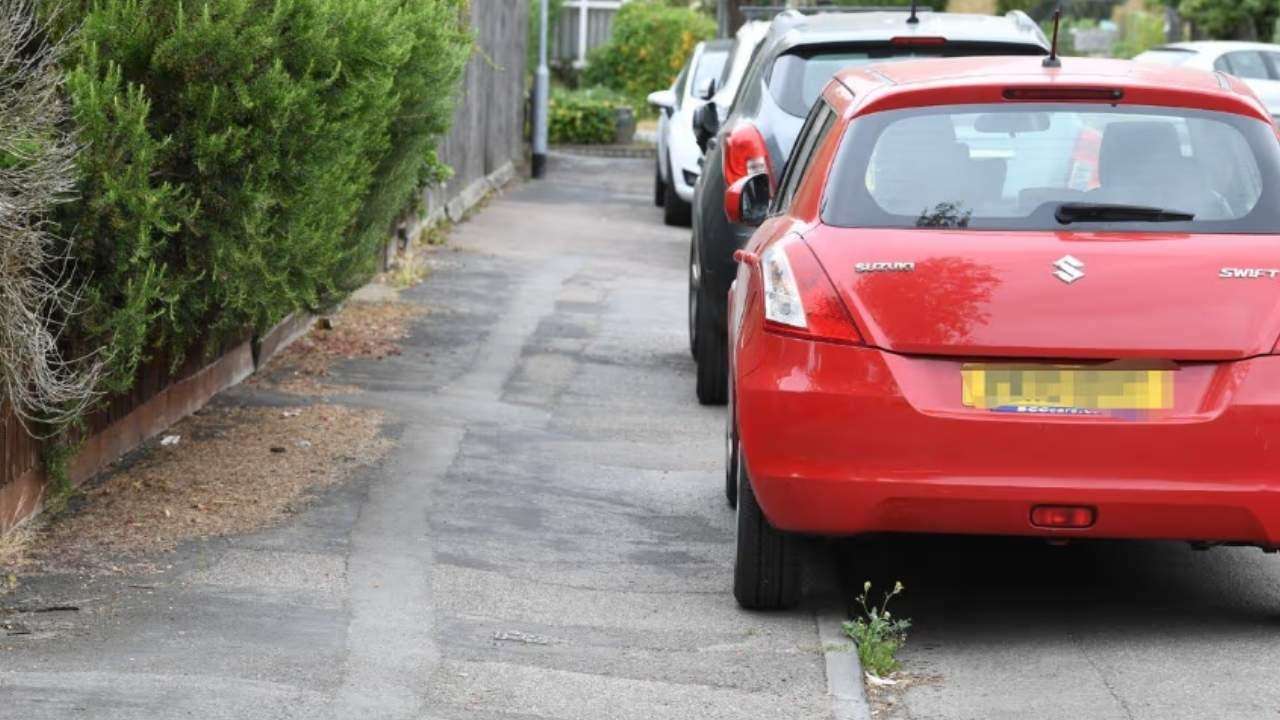In a political transformation that has stunned Westminster and silenced her fiercest critics, Home Secretary Shabana Mahmood has single-handedly pulled the Labour government back from the brink of electoral collapse. Facing a catastrophic haemorrhage of votes to Nigel Farage’s Reform UK and a public rapidly losing faith in border control, Mahmood has executed the most aggressive immigration overhaul in modern British history. Just over two months into her tenure following her appointment in September 2025, the MP for Birmingham Ladywood has not only stabilised the ship but has charted a draconian new course that has left her opponents reeling.
Mahmood, who made history this year as the UK’s first female Muslim Home Secretary, has wasted no time in dismantling the hesitation of the past. While her predecessor Yvette Cooper struggled with bureaucratic inertia, Mahmood has deployed a "shock and awe" strategy modeled explicitly on Denmark’s hardline social democratic system. Her flagship policy, unveiled this week under the stark banner "Restoring Order and Control," introduces a mandatory 30-month review cycle for all refugees. Under this remorseless new regime, asylum is no longer a permanent sanctuary; if a refugee’s home country is deemed "safe" within two and a half years, they face immediate repatriation. In a move designed to shatter the business model of people smugglers, she has also mandated a staggering 20-year waiting period for citizenship for anyone arriving via irregular routes, effectively stripping illegal arrivals of any hope of quick settlement.
The velocity of her operation is unprecedented. Where previous Home Secretaries spent months in consultation, Mahmood moved from appointment to policy enforcement in under 75 days. She has reframed illegal migration not merely as a logistical headache but as a "moral emergency" that is "tearing the country apart"—language that eerily echoes the populist rhetoric of the right, yet is delivered with the steely conviction of a daughter of immigrants. This strategic pivot has, for the moment, saved Keir Starmer’s premiership, stemming the flow of working-class voters to Reform UK by demonstrating that Labour can be harder on borders than the Conservatives ever dared to be.
Daily Dazzling Dawn Analysis: The Prime Minister in Waiting?
In the tea rooms of the House of Commons, the atmosphere has shifted from despair to quiet awe. While Prime Minister Keir Starmer continues to suffer from record-low approval ratings—plummeting to a net score of -54 in recent polls—Shabana Mahmood is discreetly positioning herself as the competent, unshakeable alternative. Our deep-dive analysis suggests that Mahmood is currently the only Cabinet minister delivering the kind of "strongman" results that a volatile electorate is craving.
The "Daily Dazzling Dawn" verdict is clear: Mahmood is playing a masterclass in political 4D chess. By accepting the poisoned chalice of the Home Office and delivering tangible enforcement where others offered only excuses, she is proving she possesses the "killer instinct" necessary for the top job. Whispers inside the Labour Party suggest that if Starmer is forced to step down before the next general election, Mahmood now holds a stronger hand than rivals like Wes Streeting or Rachel Reeves. She offers a unique political shield; as a woman of Kashmiri heritage, she can enact harsh restrictions that might be branded racist if proposed by a white male counterpart. She has effectively neutralised the Reform UK threat by stealing their clothes, leaving Nigel Farage with little room to manoeuvre. If she succeeds in stopping the boats where five predecessors failed, she may well become the United Kingdom's first Muslim Prime Minister.
The "Inhumane" Controversy: Outflanking Farage from the Right
However, Mahmood’s rapid ascent has come at a heavy moral price, fracturing the soul of the Labour Party. Her proposals have been condemned by the Refugee Council and the Bishop of Edmonton, Dr. Anderson Jeremiah, who stated he was "shaken to the core" by her rhetoric. By stripping refugees of stability and threatening to uproot families every few years, critics argue she is dismantling the UK’s proud tradition of asylum. Her decision to make support for asylum seekers "discretionary"—meaning the government can deny housing and cash to those deemed capable of work—has been branded "dystopian" by immigration lawyers.
Yet, in a move that shocked many, Mahmood stood in the House of Commons and warned her own backbenchers that "dark forces" were exploiting the migration crisis, justifying her clampdown as the only way to prevent a far-right takeover. She has adopted a stance almost indistinguishable from Reform UK on enforcement, even drawing rare praise from Nigel Farage himself, who noted she was "auditioning for his party." She has drawn a battle line, signalling she is willing to be vilified by the liberal metropolitan elite if it means winning the trust of the wider electorate on national security.
A Daughter of Immigrants Closing the Door?
The irony of Mahmood’s position is the centrepiece of the national conversation. Born in Birmingham in 1980 to parents from Mirpur, Azad Kashmir, she is a product of the very multiculturalism she is now rigorously policing. Her father, a civil engineer, moved the family to Saudi Arabia for five years during her childhood—an experience she cites as formative to her understanding of strict governance and the rule of law. Returning to the UK to attend grammar schools and eventually Oxford University, she forged a career as a barrister before entering politics, always keeping her personal life fiercely private. While little is known about her life outside politics, her focus remains singular and professional.
Her supporters argue that her background gives her a "moral authority" to fix the broken system that others lack. She frequently invokes her parents’ legal entry into Britain in the 1960s to draw a sharp, unforgiving distinction between "legal" contribution and "illegal" abuse. "Sanctuary is a privilege, not a right," she told MPs this week, cementing her status as a new breed of Labour politician: patriotic, socially conservative on law and order, and utterly ruthless in the pursuit of power.
For now, the plan is working. The immediate collapse of the Labour government has been averted. But as the first deportation flights under the new "Denmark protocols" prepare to take off, Shabana Mahmood has signalled that she is not just holding the line—she is redrawing it entirely, and perhaps, carving out her own future as the next Prime Minister of the United Kingdom.
Read more-WEALTH BUYS SPEED, WORKERS WAIT: INSIDE UK’S RADICAL 'TIERED' VISA LAW







.jpg)
.svg)

